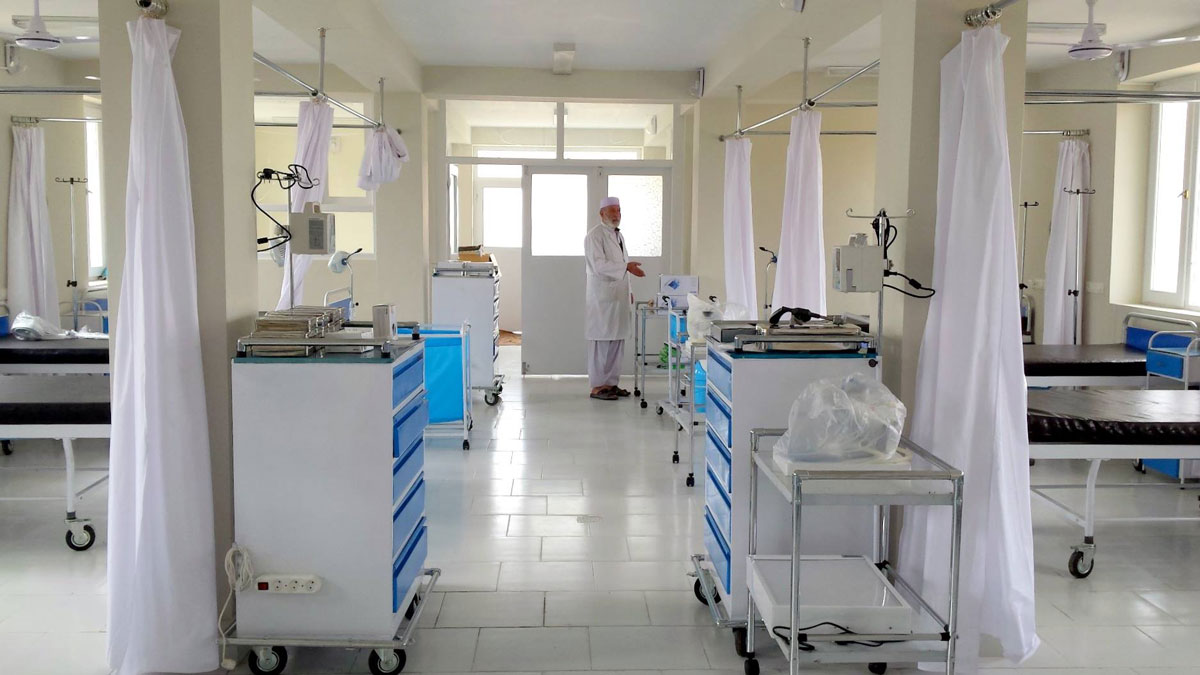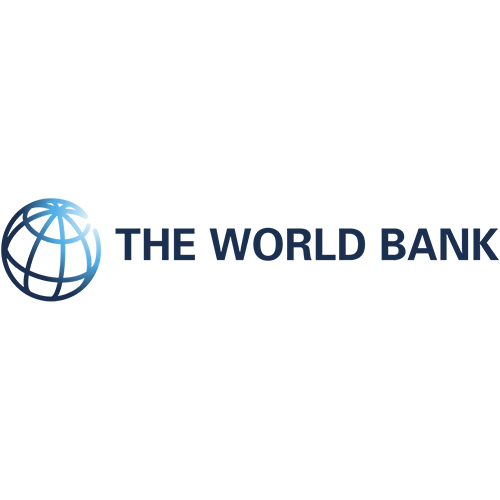Relief International and its affiliated organization, MRCA/Relief International – France, have worked for more than a decade to build the Afghan government’s capacity to provide comprehensive healthcare services. The Sehatmandi project focuses specifically on improving maternal, newborn, infant and child health services.
Decades of conflict in Afghanistan have devastated the country’s public services and forced thousands of people from their homes. Relief International supports 80 health facilities across the country to ensure healthcare remains available to vulnerable communities in Afghanistan’s Nimroz and Farah provinces.
Our teams support health facilities at the provincial and district levels, as well as 500 health outposts located across these two provinces. These health facilities range in size depending on communities’ needs. In some areas, these health outposts are comprised of a small room tacked onto an existing building staffed with one male and female practitioner, which is essential for ensuring that women can access these services. During periods of mass displacement, we also dispatch mobile medical clinics to provide access to healthcare to people on the move.
Relief International teams provide 2-3 weeks of training to these local practitioners before the opening of these health outposts. Refresher courses are offered every six months. We remain committed to developing these doctors’ skills, providing technical training over the years by flying in French medical practitioners to teach advanced techniques, particularly those related to burns. Relief International established two burn centers in Mazar and Kabul to treat severe burns, which are now enitrely run by the Afghan government.
This project also established a network of community health workers to raise awareness about the importance of hygiene as a means to care for one’s health. Through Family Action Groups, local community members, mainly women, train others in their villages on proper hygiene practices, such as hand-washing with soap. In part, due to the effort of these groups, our clinics have noted a significant drop in the number of cases of childhood illnesses like diarrhea in recent years.
Our teams also worked alongside these Family Action Groups in ten provinces to map out areas commonly used for open defecation. These defecation sites are often located near schools and water points, which is one of the factors responsible for high childhood mortality rates in these areas. Through these mapping exercises, communities worked together to raise the funds to install public latrines located away from major community hubs. These latrines are paid for entirely by these communities.
After the construction of these latrines are complete, our teams will invite provincial leaders for a grand opening ceremony, presenting these communities as a model for others to follow. This in turn inspires other villages to build their own latrines.
These relatively low-investment, high-yield solutions have dramatically improved communities’ health and well-being across these fragile provinces.

